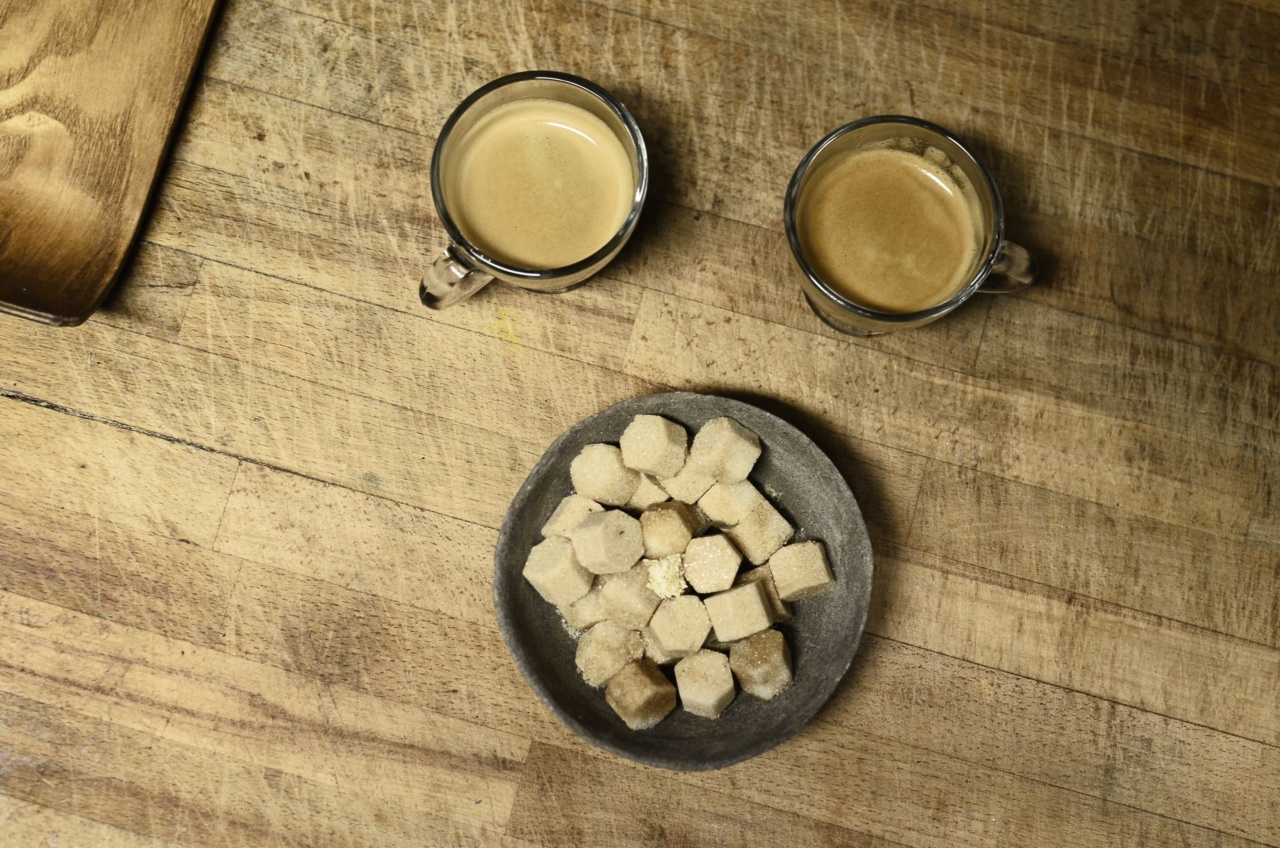Sugar-sweetened beverages, such as soda, fruit juices, and energy drinks, have become increasingly popular over the past few decades. However, research has emerged suggesting a concerning link between consuming these sugary drinks and brain aging.
In this article, we will explore the various studies and findings that highlight this link, and discuss the potential mechanisms behind it.
The Role of Sugar in Brain Health
The brain, as the central organ of the body, plays a critical role in various functions, including cognitive abilities, memory, and overall well-being.
To function optimally, the brain requires a steady supply of glucose, which is derived from the breakdown of carbohydrates, including sugars. However, excess sugar intake can lead to systemic inflammation and metabolic disturbances, both of which can have detrimental effects on brain health.
Study Findings
A number of observational studies have investigated the association between sugar beverage consumption and cognitive decline or brain aging.
One such study published in the Alzheimer’s & Dementia journal followed over 4,000 participants for a decade. It found that those who consumed more sugary drinks had lower total brain volume and poorer episodic memory, both of which are markers of accelerated brain aging.
Another study, published in the journal Stroke, examined the association between sugar beverage consumption and stroke or dementia risk.
The researchers found that higher intake of sugary drinks was associated with a higher risk of stroke and dementia, even after accounting for other lifestyle factors.
Potential Mechanisms
Several potential mechanisms have been proposed to explain the link between sugar beverages and brain aging. One such mechanism is the impact of excessive sugar on the hippocampus, a brain region involved in memory and learning.
Animal studies have shown that high sugar intake can lead to decreased neurogenesis (formation of new neurons) in the hippocampus, contributing to cognitive decline.
In addition, chronic consumption of sugary drinks can lead to insulin resistance and dysregulation of glucose metabolism.
Insulin signaling plays a crucial role in brain function, and disruptions in this pathway have been linked to cognitive impairments and neurodegenerative diseases.
Furthermore, the inflammatory response triggered by excessive sugar intake can contribute to neuroinflammation, which has been implicated in various brain disorders.
Inflammation can damage brain cells, disrupt neurotransmitter balance, and impair cognitive function.
Sugar vs. Artificial Sweeteners
As concerns about the adverse effects of sugar-sweetened beverages have grown, many people have turned to artificially sweetened alternatives. However, research suggests that artificial sweeteners may have their own set of problems.
Some studies have found an association between artificial sweetener consumption and an increased risk of stroke, dementia, and even Alzheimer’s disease.
Moreover, using artificial sweeteners may not help curb cravings for sweetness.
The brain’s reward system, which is involved in addiction-like behaviors, can still be activated by artificial sweeteners, leading to a continued desire for sweet-tasting foods and drinks.
Recommendations for Brain Health
Given the accumulating evidence linking sugar beverages to brain aging and cognitive decline, it is essential to reduce their consumption.
Instead, opt for healthier alternatives such as water, herbal teas, or drinks sweetened with natural, low-calorie sweeteners like stevia or monk fruit extract.
It is also important to adopt a balanced, nutrient-rich diet that supports brain health.
Consuming whole foods, including fruits, vegetables, whole grains, lean proteins, and healthy fats, can provide essential nutrients and antioxidants that promote proper brain function.
Lastly, incorporating regular physical exercise, maintaining a healthy weight, getting an adequate amount of sleep, and managing stress levels are all crucial for overall brain health and reducing the risk of age-related cognitive decline.
Conclusion
The link between sugar beverages and brain aging is an increasingly important public health concern.
While more research is needed to fully understand the underlying mechanisms, current evidence suggests that excessive sugar intake can contribute to cognitive decline and accelerate brain aging. By making conscious choices to reduce the consumption of sugary drinks and adopting a brain-healthy lifestyle, individuals can take proactive steps to promote their cognitive well-being and preserve brain function as they age.




























